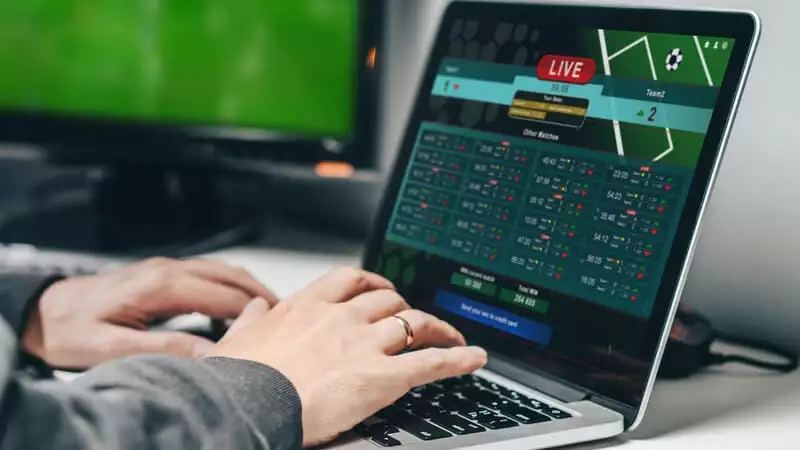The significant technological impact on sports betting has shifted from traditional brick-and-mortar establishments to online platforms. This transition has made sports betting more accessible than ever before. Bettors now place wagers from the comfort of their homes or on the go using their smartphones or computers. This convenience has led to a surge in the number of people participating in sports betting, as geographical limitations are no longer a barrier. Online platforms have also expanded the variety of betting options available. While traditional sportsbooks might have been limited by physical space or workforce, online bookmakers can offer various betting markets across numerous sports and events. This diversity caters to a broader audience and allows for more specialized and niche betting opportunities.
Mobile technology and sports betting apps
In the last few years, mobile phones have significantly impacted the world of sports betting. Mobile betting apps have become increasingly sophisticated, offering users a seamless and intuitive betting experience. The apps usually include live streaming of events, odds updates in real-time, and push notifications about promotions. As a result of mobile technology, live betting or in-play betting has also flourished over the past few years. Bettors can now place wagers on events as they unfold, adding excitement and strategic depth to the betting experience. This real-time interaction has become a significant draw for many sports enthusiasts, blending the thrill of watching sports with the potential for financial gain.
Virtual and augmented reality

While still in their early stages, virtual and augmented reality technologies are beginning to make their mark on the sports betting industry. By combining these technologies, users can feel like they are at the event as they bet. Imagine watching a virtual representation of a football match in your living room while being able to place bets in real-time with a simple gesture. AR technology could also enhance the in-stadium betting experience, allowing spectators to access real-time odds and place bets through AR-enabled devices or glasses. This convergence of the physical and digital betting worlds could open new revenue streams for bookmakers and sports venues.
Personalization and user experience
Technology has enabled personalisation platforms to offer highly personalized experiences to their users. By analyzing their personalized preferences, these platforms analyse their offerings to individual users, suggesting bets that align with their interests and betting history. Machine learning algorithms also identify potential problem gambling behaviours, allowing platforms to intervene with responsible gambling messages or betting limits when necessary. This proactive approach to user well-being is becoming increasingly important as online betting becomes more prevalent. M98Bet should be selected based on a player’s playing style and budget.
The continued integration of cutting-edge technologies promises to make sports betting even more engaging, efficient, and secure. These technological innovations will shape the future of sports betting and online gambling as the industry evolves. While technology has undoubtedly revolutionized sports betting, it remains a tool. Its positive or negative impact will depend on how it is implemented and regulated. As we move forward, revolutionized will harness the power of technology to create a sports betting ecosystem that is exciting, profitable, fair, transparent, and responsible.





